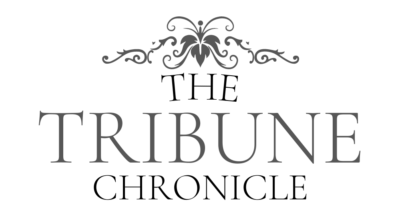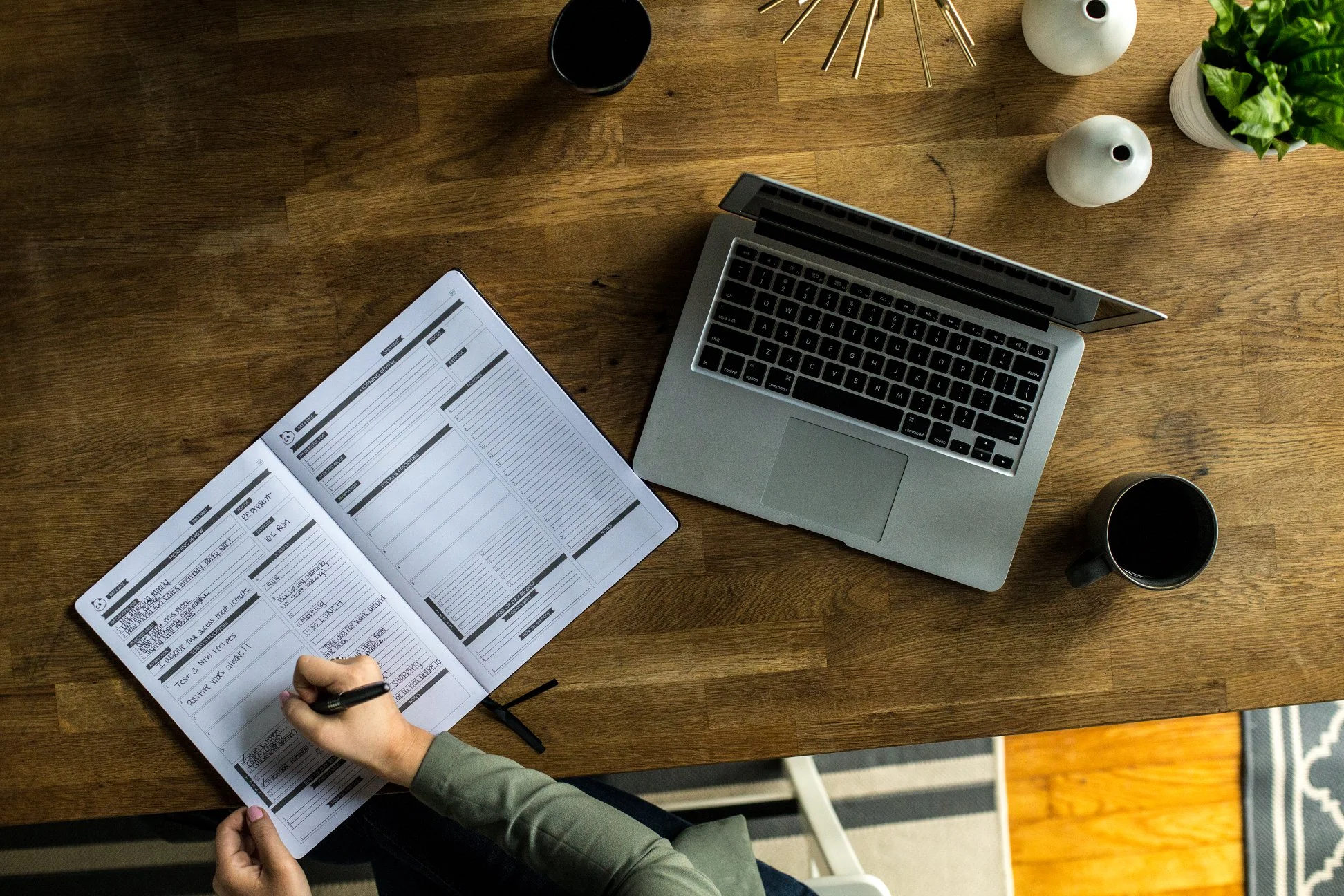Crossword puzzles are not just a leisurely pastime; they are a mental workout that challenges your vocabulary, lateral thinking, and pattern recognition skills. Whether you’re a novice or a seasoned solver looking to up your game, employing the right strategies can make all the difference. In this article, we’ll explore a variety of techniques to help you conquer crossword challenges with confidence.
1. Start with the Clues You Know
When you first look at a Wordhippo 5 Letter Word, you might feel overwhelmed by the sea of empty squares. Begin by tackling the clues you’re certain about. These could be short words or terms that instantly come to mind. Filling in these answers will provide you with anchor points to build upon.
2. Crossword Puzzle Glossaries and Dictionaries
Having a crossword-specific glossary or dictionary can be incredibly helpful. These references provide lists of common crossword words categorized by the number of letters and known letter combinations. When you’re stuck on a tricky clue, these resources can help you find potential solutions that fit the available spaces.
3. Break Down Clues
Complex clues can be daunting, but breaking them down into smaller components can make them more manageable. Look for prefixes, suffixes, and root words that might suggest the word’s meaning. Additionally, consider synonyms or related words that could fit the clue’s context.
4. Pay Attention to Tense and Grammar
The tense of a clue can give you hints about the word’s form. If a clue is in past tense, the answer is likely a verb in the past participle form. Similarly, paying attention to the clue’s grammatical structure can guide you towards the right type of word to fill in.
5. Utilize Crossword Patterns
Crossword puzzles often follow patterns. If you notice a repeated word length in a puzzle, chances are that specific word lengths are common in crossword construction. Knowing these patterns can help you make educated guesses even when you only have a few letters filled in.
6. Think Alphabetically
When you’re stuck on a multi-letter word, try running through the alphabet mentally. Sometimes, going through each letter and fitting it into the existing letters can trigger recognition of the correct word.
7. Use Context Clues
The surrounding words in a crossword can provide contextual hints for the answer you’re seeking. Look for clues that relate to the theme of the puzzle or clues that have common themes. Often, the puzzle’s theme can guide you to specific answers.
8. Stay Open to Revising
Don’t be afraid to erase and re-write answers if they don’t fit with the surrounding words. A seemingly perfect answer might turn out to be incorrect based on intersecting words. Being flexible with your solutions is key to completing the puzzle accurately.
9. Mind Abbreviations and Acronyms
Crosswords often include abbreviations or acronyms in their clues. Familiarize yourself with common ones, such as “CEO” for Chief Executive Officer or “USA” for the United States of America. These shortcuts can provide quick solutions for tricky clues.
10. Fill in the Blanks
Sometimes, clues leave a few letters blank and ask you to complete a phrase or word. Consider the context and the letters you already have filled in. If you can make an educated guess that makes sense, go for it.
11. Practice Regularly
Like any skill, solving crosswords improves with practice. Engaging in regular crossword-solving sessions exposes you to a broader range of words, clue structures, and solving techniques. Over time, you’ll notice that your proficiency increases, and you become more adept at deciphering tricky clues.
12. Collaborate with Others
Two heads are often better than one. If you’re stuck on a crossword puzzle, consider enlisting a friend or family member to help. They might think of a solution you hadn’t considered, or their different perspectives might lead to a breakthrough.
13. Stay Patient and Persistent
Crossword challenges can be frustrating, especially when you hit a roadblock. However, patience and persistence are key traits of successful crossword solvers. Take breaks if needed, but don’t give up. Sometimes, stepping away from a puzzle for a while and returning to it later can provide fresh insights.
14. Learn from Mistakes
When you finish a crossword, take a moment to review the clues and your answers. If you encountered difficulties, identify where you went wrong and learn from those mistakes. This analytical approach will help you improve your skills for future challenges.
15. Participate in Crossword Communities
The internet is home to various crossword-solving communities where enthusiasts share tips, tricks, and even puzzle-solving guides. Engaging in these communities can expose you to different solving approaches and keep you updated on the latest crossword trends.
In conclusion, conquering crossword challenges requires a blend of vocabulary, logical thinking, and creative problem-solving. By employing these strategies and staying persistent, you can enhance your crossword-solving skills and approach each puzzle with confidence. So, grab a crossword, apply these techniques, and embark on a journey of mental stimulation and linguistic exploration.
Read Also: What is Urlebird and How Does It Work?

